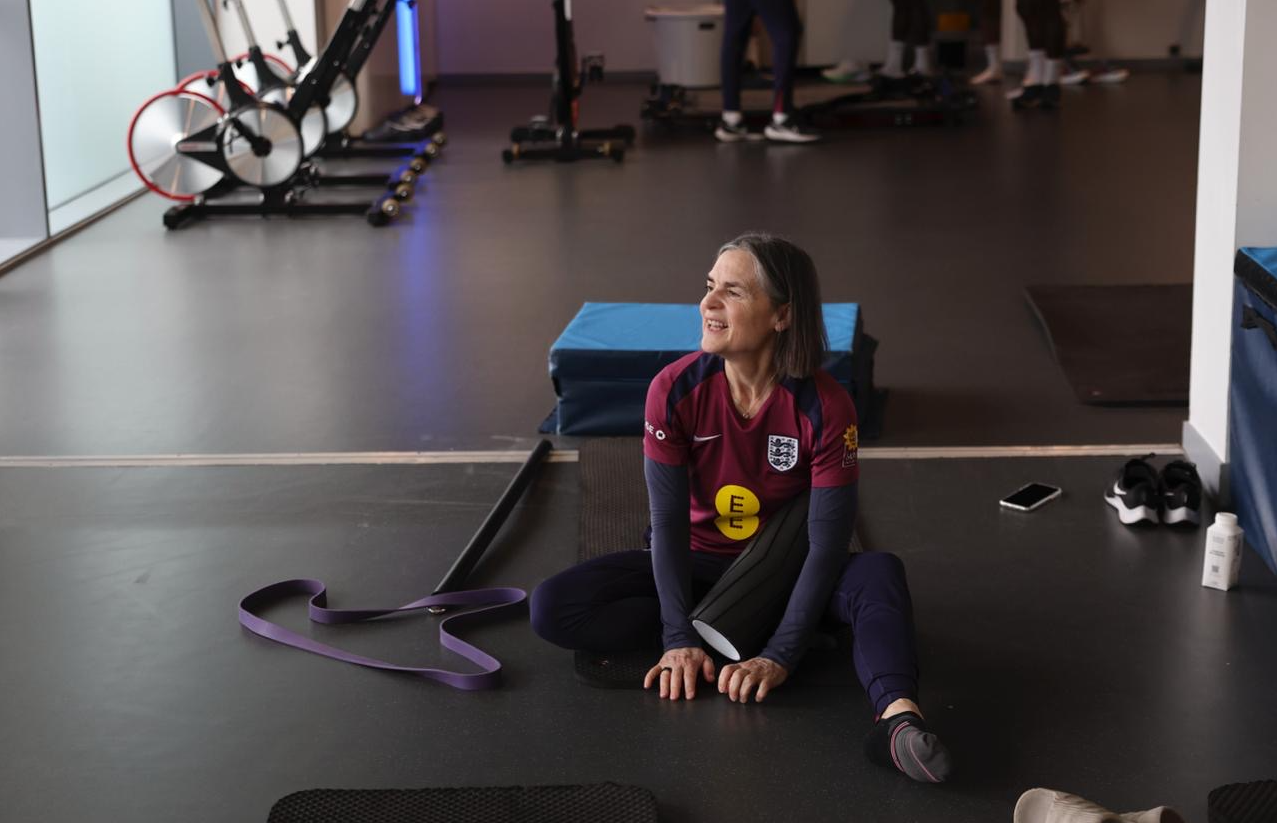Hi Suzanne, can you tell us a little bit about yourself and your role at the University?
My role is partly undergraduate facing and partly facing towards professionals. I work within the School of Anatomy, as a lecturer in anatomy and movement, teaching students in our internal anatomy degrees. In the more outwardly facing role I'm responsible for helping to develop professionally oriented courses that involve an element of anatomy. It’s also looking at the ongoing educational development through anatomy of professionals for whom it's relevant in their professional roles.
It sounds like you have quite varied responsibilities, is there ever an average day for you?
There isn't an average day, but there are common themes depending on what I am doing and where I am. Professor Michelle Spear, our Head of School, gave me the opportunity to develop the functional side of anatomy in my role at the University so, for example, if I’m leading a seminar on human movement, I’ll get the students to perform movements of the gait cycle and relate that to their anatomical knowledge, aiming to translate what they learn through dissection to the moving, living body.
Working with external delegates at our Vesalius Clinical Training Centre, where we have hosted courses for backroom staff from the English FA and England and Wales Cricket, we use our expertly dissected donor material to teach anatomy to practitioners in clinical and performance roles and make it relevant to their individual professions. With athletes, on a typical day, I’ll lead group sessions and one-to-one rehabilitation with injured players.
How did you get involved working with athletes and sports teams?
My work in football started with Bristol City and developed from an initial opportunity to teach at the University Indoor Sports Centre, here in Tyndall Avenue. I worked with some of the Bristol City players, and this led to a role at Bolton Wanderers FC, when Sam Allardyce was the manager; he had very forward-thinking group of performance staff, who brought a movement focus into prehab and rehab.
In my experience, you don't survive long in high-performance, if your skills don't fit the environment. Obviously, you must have the qualifications, but word of mouth carries a lot of weight, because it is about how well you work in a team.
Have you seen quite a lot of changes to the way that football backrooms are set up?
Yes, absolutely. One of the biggest changes was the beginning of data capture around player performance and using this to accurately profile what happens in training and in matches. Another big change was bringing data science into the backroom, to model and make sense of the data that is captured daily, and there has been a rapid expansion in that field. To structure an athlete's regime accurately, we need data and we need to be able to interpret it, alongside the evolving data streams and innovative practices coming in from sports medicine.
What's it like leading a movement session with elite athletes?
Strangely normalised through the experience of doing it a lot and for a long time! What you're focusing on is delivering your role, not their status. If I'm looking at a body in front of me, it wouldn't matter whether it was one of my second-year students I'm trying to teach something about ankle function to, or a footballer, who hopefully has amazing ankle function, because we want to help them run and score a goal!
I don't really get nervous, and role status isn't what motivates me, it’s about delivering a really good session and working appropriately within a carousel of other professionals. In the football camp environment, everyone is equal. It's only when you leave that, and you see the crowds of people screaming at the players that you realise what an extraordinary experience it is. But you're not aware of that at the time.
What's the tournament environment like?
I've been fortunate to be part of an exceptional team environment for the last 6 1/2 years. It's very high functioning and everyone has got each other's back. Everybody performs their role exceptionally well, so although there are games which are very high stakes, when you're within that environment, it's more exhilaratingly positive, rather than terrifyingly fearful! But the penalty shootout was still quite a high blood pressure moment!
It's like being part of a large family and a sort of travelling circus, because everybody has all these different roles and it's really good fun. Days are long, but camp life is extremely well designed, and we're very well looked after.
